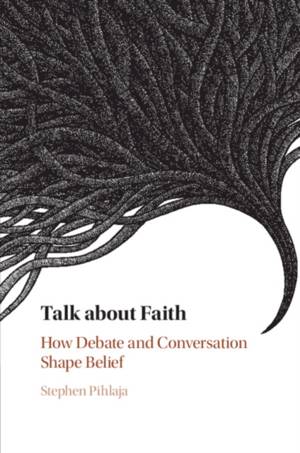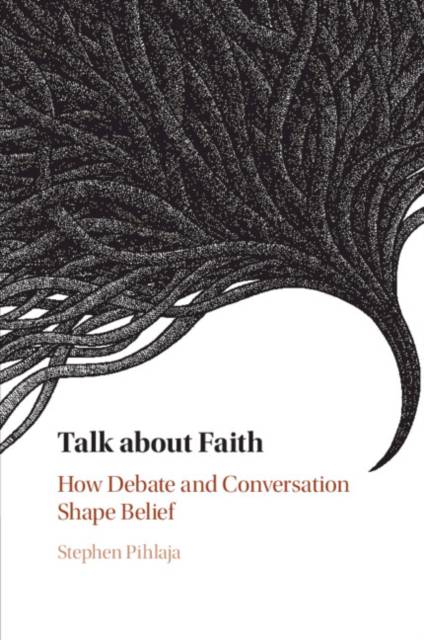
- Afhalen na 1 uur in een winkel met voorraad
- Gratis thuislevering in België vanaf € 30
- Ruim aanbod met 7 miljoen producten
- Afhalen na 1 uur in een winkel met voorraad
- Gratis thuislevering in België vanaf € 30
- Ruim aanbod met 7 miljoen producten
Zoeken
€ 41,95
+ 83 punten
Uitvoering
Omschrijving
How do people of faith use language to position themselves, and their beliefs and practices, in the contemporary world? This pioneering and original study looks closely at how Christians and Muslims talk to people inside and outside of their own communities about what they think are the right things to believe and do. From debates, to podcasts and YouTube videos, the book covers a range of engaging texts and contexts, showing how doctrine and beliefs are not nearly as fixed and static as we might think, and that people are prone to change what they say they believe, depending on who they are talking to. From abortion, to hell, to whether it's okay to sell alcohol, Pihlaja investigates how Christians and Muslims struggle with different elements of their own faith, and try to make decisions about what to do when there are so many different voices to believe.
Specificaties
Betrokkenen
- Auteur(s):
- Uitgeverij:
Inhoud
- Aantal bladzijden:
- 217
- Taal:
- Engels
Eigenschappen
- Productcode (EAN):
- 9781108469333
- Verschijningsdatum:
- 6/07/2023
- Uitvoering:
- Paperback
- Formaat:
- Trade paperback (VS)
- Afmetingen:
- 152 mm x 229 mm
- Gewicht:
- 299 g

Alleen bij Standaard Boekhandel
+ 83 punten op je klantenkaart van Standaard Boekhandel
Beoordelingen
We publiceren alleen reviews die voldoen aan de voorwaarden voor reviews. Bekijk onze voorwaarden voor reviews.











